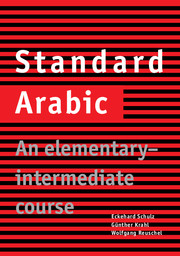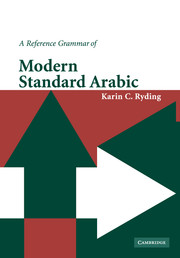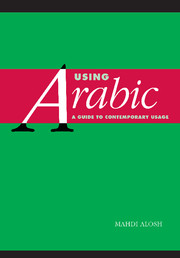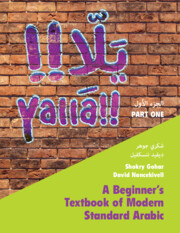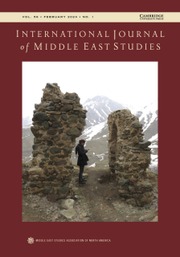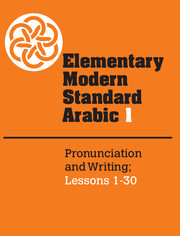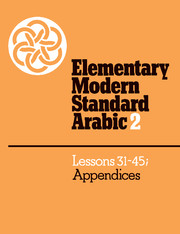Modern Standard Arabic
Modern Standard Arabic: Advanced to Superior Level is designed to prepare students with Intermediate High proficiency in standard Arabic to move successfully towards Advanced to Superior level. Following the communicative-proficiency-learner approach, the book uses guided learning strategies, which encourage students to collaborate, share information, and negotiate meaning through critical study and analysis of the topics. This teaching methodology promotes the learning of four key skills in the use of modern standard Arabic: speaking, listening, reading, and writing. Drawing on the authors' long experience in teaching Arabic, and training Arabic teachers at all levels, the book includes twenty lessons, accompanied by a range of supplementary online materials including short stories, essays, plays, poems, interviews, and audio and video clips. The combination of authentic texts with multimedia material showing real people and places, enlivens Arabic instruction and engenders an appreciation of Arabic language, culture and society.
- Emphasizes the importance of four skills-reading, writing, speaking, and listening-for students to steadily acquire knowledge and understanding of Modern Standard Arabic to achieve a high level of proficiency, with Superior as the ultimate goal
- Provides an active vocabulary by introducing terms and then including them in the following lesson and then in every third lesson for the rest of the book, if not more often, to help students better learn basic vocabulary by presenting words in varying contexts throughout the text
- Explains, illustrates, and drills every grammatical feature used in the Basics Texts to aid students in learning Arabic grammar, which differs from English grammar in fundamental ways, so that upon completion of the course they can handle any MSA text on their own
- Introduces the history and culture that surrounds the Arabic language, which is essential for understanding the linguistic meaning, through cultural notes added in the text and the use of Basic Texts
Reviews & endorsements
'This is a long-awaited contribution to Modern Standard Arabic-based textbooks, filling a particularly large gap at the advanced level of instruction. As a follow-on from Elementary Modern Standard Arabic, it has a number of attractive features: e.g., the introduction and repetition of practical vocabulary words and cultural expressions; realistic dialogues; the targeted development of higher-level skills such as expressing opinions, persuading, comparing, and contrasting; instructions and explanations that are almost entirely in Arabic. It pointedly uses the root and pattern system to aid in students' expansion of vocabulary, and engenders true conversation in the classroom.' Darlene R. May, Ph.D., Full Teaching Professor of Arabic, Emerita, Wake Forest University
'A valuable textbook for students of Arabic at the advanced to superior level. The authentic materials in this work, spread over twenty lessons and selected from various sources, are organized in well-planned steps to cover reading comprehension, audio and video listening comprehension, and writing. Extra attention is paid to reviewing various grammar points and lexical studies.' Mohammed Sawaie, Professor, University of Virginia
'Combining the new insights of foreign language pedagogy with the classical sensibility of Arabic grammar and modern Arab-Islamic culture, this textbook is an immensely rich achievement. Clearly written, well rounded, and meticulous, this series responds to Arabic programs' severe shortage of scholarly textbooks in English. An integral path to Arabic proficiency has now been paved for learners.' A. Z. Obiedat, Assistant Professor of Arabic, Wake Forest University; author of Modernity and the Ideals of Arab-Islamic and Western-Scientific Philosophy, 2022
Product details
November 2023Paperback
9780521708180
550 pages
280 × 216 × 31 mm
1.486kg
Available
Table of Contents
- Abbreviations and Symbols
- Acknowledgements
- Introduction
- Lesson 1
- Lesson 2
- Lesson 3
- Lesson 4
- Lesson 5
- Lesson 6
- Lesson 7
- Lesson 8
- Lesson 9
- Lesson 10
- Lesson 11
- Lesson 12
- Lesson 13
- Lesson 14
- Lesson 15
- Lesson 16
- Lesson 17
- Lesson 18
- Lesson 19
- Lesson 20
- Glossary
- Lexical Notes Index
- Grammatical Notes Index.


